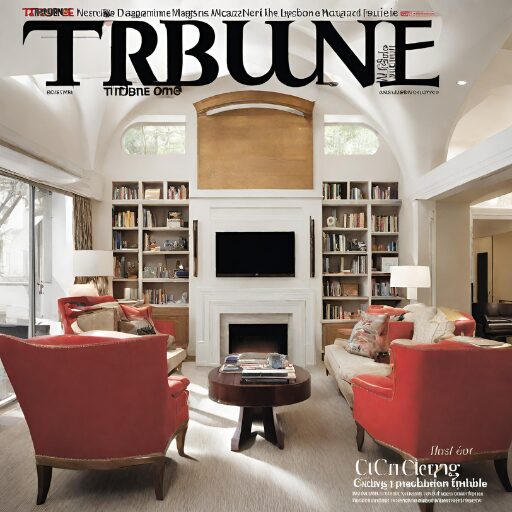When Kid Rock was spotted drinking a Bud Light at a concert, that suggested the furor over the beer had perhaps lessened.
The singer started the fury over the Anheuser-Busch (BUD) – Get Free Report brand’s short-lived partnership with transgender social media influencer Dylan Mulvaney. Without mentioning her name, Rock shot up cases of Bud Light with an automatic weapon.
DON’T MISS: Forget Kid Rock: Analyst says buy Bud Light parent’s stock now
And, while the singer never seemed that serious about the boycott (his bar never stopped serving Bud Light), his actions touched off a movement. Other country performers, eager to show that they too objected to a beer they drink partnering with a transgender person, joined the fray.
Travis Tritt and John Rich of Big & Rich fame eagerly banned the beer from their tours and sought to have their fans boycott it. That boycott, unlike nearly every other boycott ever, worked.
This may not be because Anheuser-Busch’s transgression was worse than what other companies have done. It’s just that Bud Light is a fairly indistinguishable product from its closest rivals.
When you boycott Walt Disney (DIS) – Get Free Report, that means you can’t watch Star Wars or Movies. Star Trek and the DC Extended Universe aren’t equal replacements but Bud Light, Miller Lite, Coors Light, Modello, and a lot of other light beers are all basically the same thing.
Now, even as Anheuser-Busch CEO Michel Doukeris sees signs that his beer is making a comeback, it may already be too late.
Bud Light has experienced a roughly 26% drop in sales.
Image source: Shutterstock
Bud Light boss sees some good signs
Historically, boycotts tend to peter out. That’s because people tend to operate selfishly and while someone might be mad that Target allows people to use the restroom of the gender they identify as, not their birth gender, they still shop there because it has cheap quality merchandise
Doukeris believes that anger over Bud Light’s actions with Mulvaney have begun to subside. He spoke about it during his company’s second-quarter earnings call.
“We have actively engaged with over 17,000 consumers since April, and there are a few clear insights. First, most consumers surveyed are favorable toward the Bud Light brand and approximately 80% are favorable or neutral. The consumer will always be at the center of everything we do,” he said.
That’s a number he sees improving as the brand moves away from politically charged issues to focus on its more traditional message of football and fun.
“Regardless of favorability, our consumers across all sentiment groups have three points of feedback in common. One, they want to enjoy their beer without a debate. Two, they want Bud Light to focus on beer. Three, they want Bud Light to concentrate on the platforms that all consumers love, such as NFL, Fields of Honor, and music,” the CEO added.
Bud Light’s efforts may not be enough
Many consumers don’t have significant brand preferences in certain areas. They simply buy what’s on the shelves and/or shop based on price. Falling sales, however, is going to hurt Bud Light because major retailers will allocate less shelf space for the brand.
Call it a byproduct of the sales drop, Bud Light will lose shelf space because it has not sold well and that may make it harder, if not impossible, for the company to reclaim the top sales spot.
“During a busy shopping period on a Friday or Saturday night, if you don’t have the beer available cold on the shelf, consumers pick something else,” former Anheuser-Busch InBev executive Anson Frericks told ABC News, calling shelf space “the single largest determinant of sales in a store.”
That makes the Bud Light boycott long-term effective even if many people have forgotten about it.




